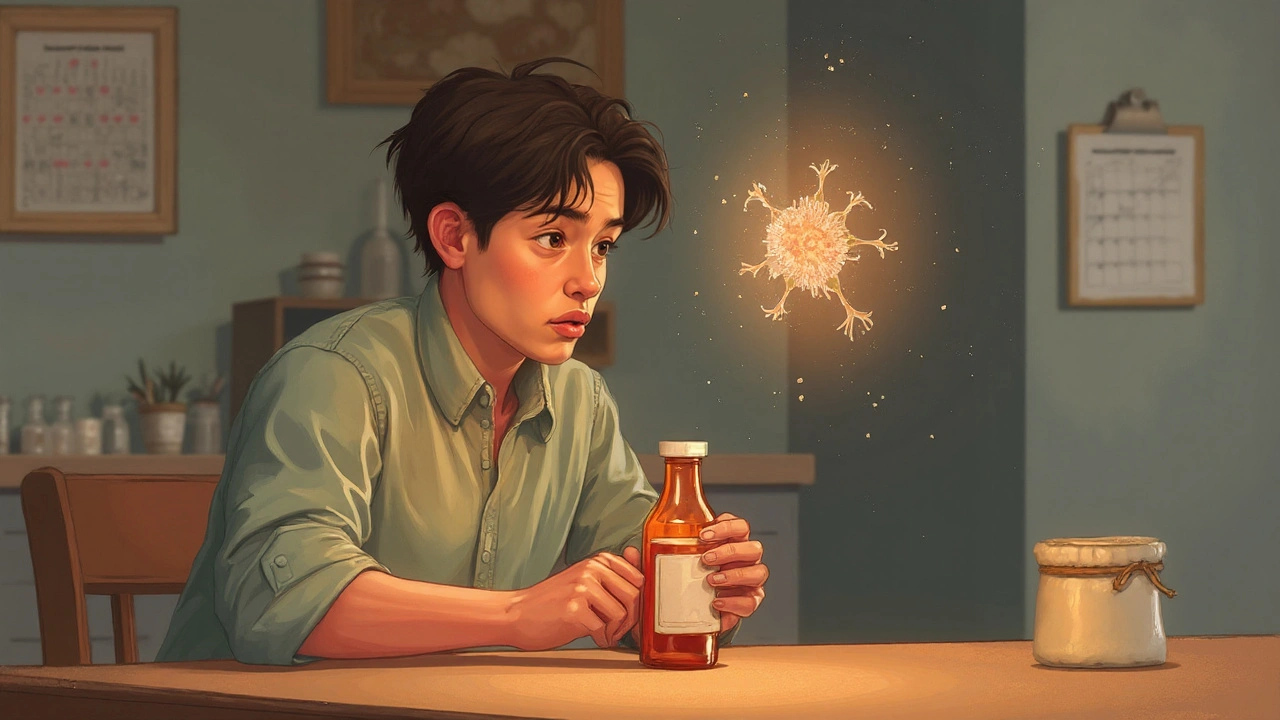Clarithromycin and C. difficile Risk: What Patients Need to Know
22 Sep, 2025Explore how clarithromycin can trigger Clostridioides difficile infection, compare risks with other drugs, and learn practical steps to stay safe.
READ MOREEver wonder why doctors sometimes warn you not to take antibiotics for a cold? It’s not because they dislike the drug – it’s because overusing antibiotics can make them stop working. That’s the core of antibiotic stewardship: using these meds wisely so they stay powerful when we really need them.
When a person finishes a course early or takes an antibiotic for a viral infection, the germs that survive get tougher. Those tougher germs spread to other people, and the next time someone needs the same drug, it might not work. This isn’t a far‑off problem; hospitals see more infections that don’t respond to standard treatments, and that drives up costs and hospital stays.
1. Ask before you take. If you’re not sure an infection is bacterial, ask your doctor why the prescription is needed. Sometimes the answer is “watch and wait.”
2. Finish the full course. Even if you feel better after a couple of days, stop the medication early can let leftover germs grow back stronger.
3. Never share pills. Your friend’s cold isn’t the same as your infection, and sharing can spread resistant germs.
4. Store meds properly. Keep antibiotics in a cool, dry place and get rid of any that are expired – they lose potency and can cause problems.
5. Stay vaccinated. Flu shots and other vaccines cut down the number of infections that might lead doctors to prescribe antibiotics “just in case.”
These actions are small, but together they add up. When patients and doctors both think about stewardship, the community stays healthier.
On our site you’ll also find posts that touch on related topics – like alternatives to common antibiotics (see our Zithromax alternatives guide) and how to handle side effects if you ever need a course. Reading those can give you a fuller picture of your options.
Remember, stewardship isn’t about denying treatment; it’s about matching the right drug to the right problem. If you follow the simple steps above, you’re helping keep antibiotics strong for everyone who really needs them.
Got more questions? Keep browsing our articles or drop a comment. Your curiosity is a key part of responsible antibiotic use.

Explore how clarithromycin can trigger Clostridioides difficile infection, compare risks with other drugs, and learn practical steps to stay safe.
READ MORE